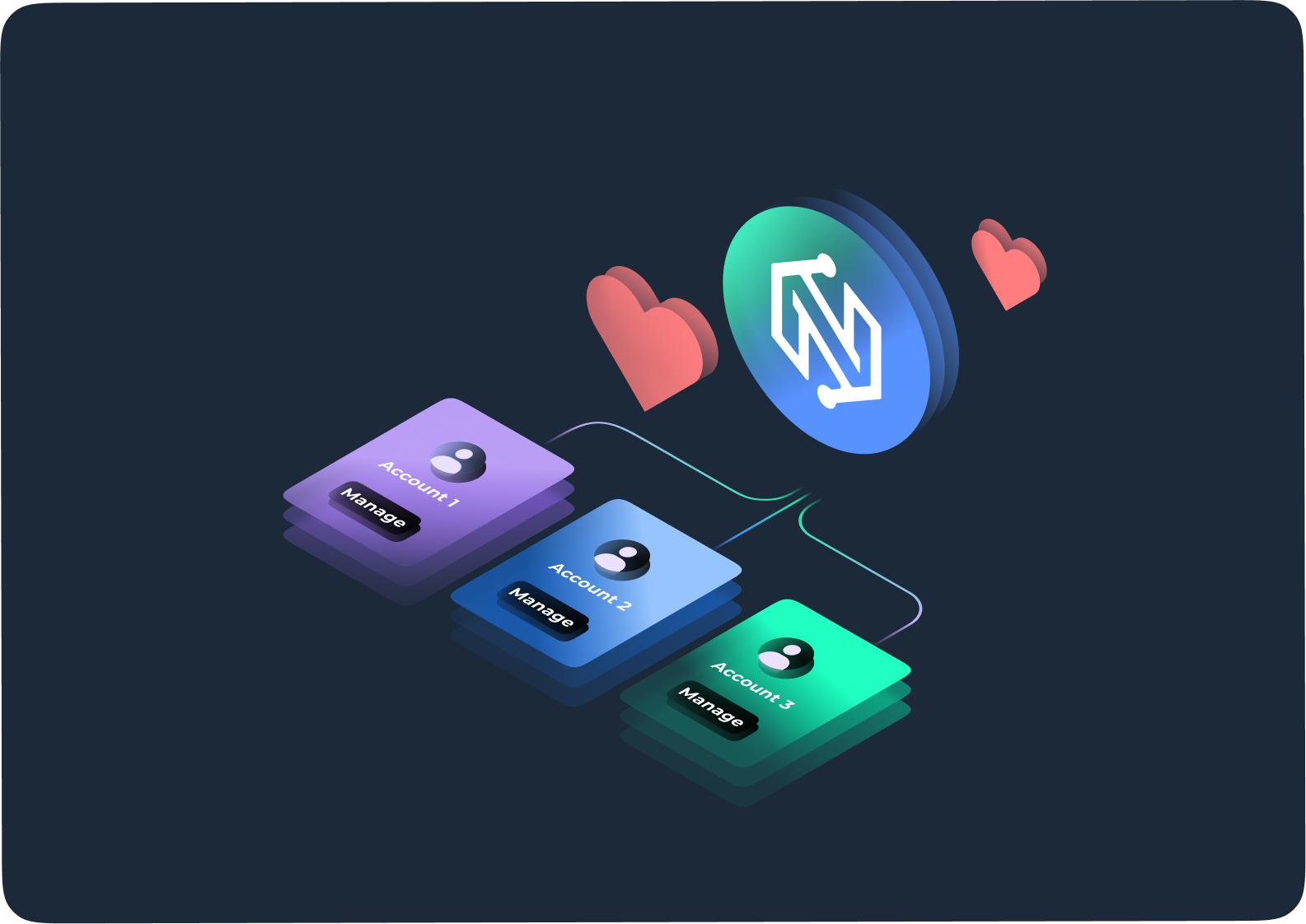Proxies have become such an important tool in today’s digital landscape, that recent studies prove, the market is believed to reach the value of $150.5 million by 2031 ($35million more compared to 2023).
From giving online privacy to enabling businesses to scale operations undetected, proxies play a pivotal role in how we interact with the internet.
However, with so many types available, it can be overwhelming to determine which proxy type suits your needs best.
In this guide, we’ll break down the different types of proxies, their use cases, and how to choose the best one for your needs.
What Are Proxies and Why Are They Important?
Proxies act as links between your device and the internet, routing your online requests through a server to mask your real IP address. This offers a layer of privacy and opens up a world of possibilities for businesses and individuals alike.
The Role of Proxies in Online Privacy and Security
In a world where data breaches and privacy invasions are popular, proxies serve as a critical shield.
By hiding your IP address, proxies give anonymity, making it harder for evil actors or prying eyes to track your online activities.
For businesses, this added layer of security is vital for protecting sensitive operations.
Common Applications of Proxies
Proxies are versatile tools used for various purposes:
- Web scraping: Gather data from websites without triggering anti-bot mechanisms.
- Ad verification: Check how ads are displayed across different regions.
- Account management: Manage multiple social media or e-commerce accounts without detection.
- Bypassing restrictions: Access geo-blocked content or websites unavailable in your location.
- SEO monitoring: Marketing agencies frequently use proxies to track keyword performance and analyze competitor rankings across various regions.
Residential Proxies
Residential proxies are among the most trusted and widely used types of proxies. These proxies use IP addresses tied to real devices like home routers, making them appear authentic and difficult to detect by websites and platforms.
Their ability to copy genuine user activity keeps higher success rates for tasks such as web scraping, social media account management, and localized ad verification.
Additionally, residential proxies provide better anonymity and reduced chances of being flagged compared to other proxy types, making them ideal for sensitive and high-stakes operations.
There are 2 types of residential proxies: static and rotating.
Static Residential Proxies
Static residential proxies assign users a fixed IP address. This means that the IP remains constant for the duration of the session, providing consistency and stability.
Static proxies are particularly useful for tasks requiring a stable identity, such as managing accounts or conducting ad verifications.
Rotating Residential Proxies
Rotating residential proxies, on the other hand, switch IPs periodically. This rotation makes them highly effective for web scraping and tasks requiring a high volume of requests.
By using a pool of IP addresses from real devices, they minimize the risk of detection or bans.
How Do Residential Proxies Work?
Residential proxies operate by routing your traffic through real devices with legitimate IP addresses.
Providers often partner with users who voluntarily share their bandwidth in exchange for rewards, creating a vast network of IPs. This grants that your activities mimic genuine user behavior, which reduces the likelihood of detection.
Benefits of Residential Proxies
Residential proxies come with numerous advantages:
- High anonymity: Their real-device origins make them harder to detect.
- Geo-targeting: They enable precise targeting for specific countries, cities, or even ISPs.
- Versatility: Suitable for everything from scraping data to managing accounts.
- Reliability: Unlike data center proxies, residential proxies are less likely to be flagged as suspicious.
- Traffic consistency: Residential proxies grant smoother traffic flow, reducing the chance of disruptions during sensitive operations.
Common Use Cases of Residential Proxies
Residential proxies excel in a variety of applications, including:
- E-commerce intelligence: Monitor competitor prices and trends.
- Localized testing: Test how websites or apps appear to users in different regions.
- Ad verification: Make sure your campaigns are displayed correctly across target markets.
- Fraud prevention: Verify transactions and detect fraudulent activity.
- Social media marketing: Managing multiple social media profiles to reach diverse audiences without getting flagged by platforms.
Data center Proxies
Data center proxies are often seen as the more cost-effective alternative to residential proxies, but they come with limitations that make them less ideal for high-stakes tasks.
Characteristics of Data center Proxies
Data center proxies are generated in bulk by data centers, which makes them faster and cheaper. However, their origins are easily detectable, which can lead to blocks or bans on platforms with strict anti-bot systems.
Best Use Cases
Data center proxies are suitable for:
- High-volume scraping: Tasks that require speed but don’t involve sensitive data.
- Testing server performance: Evaluate how your systems handle traffic spikes.
- Gaming and streaming: Accessing geo-blocked gaming servers or streaming platforms where detection risks are minimal.
While data center proxies may seem appealing due to their affordability, their lack of authenticity often makes residential proxies a safer, more effective choice.
Mobile Proxies
Mobile proxies are a subset of residential proxies, using IP addresses assigned to mobile devices by cellular providers. They are particularly effective for tasks that require dynamic and highly reliable IPs.
How Mobile Proxies Differ?
Unlike residential proxies, mobile proxies use 4G or 5G networks, which makes their IPs more dynamic. This makes them ideal for bypassing strict detection systems, as mobile IPs are regularly shared among users and less likely to be flagged.
Why Mobile Proxies Are Ideal for App Testing?
Mobile proxies are perfect for:
- App testing: Simulate user behavior on different devices and networks.
- Mobile ad verification: Guarantee ads are displayed correctly on mobile platforms.
- Fraud detection: Verify transactions from mobile devices.
- Dynamic content testing: Ideal for websites or apps that display different content based on the user’s device type or network.
Maximize Your Proxy Potential with NodeMaven’s Residential Proxies
NodeMaven stands out as a leading provider of high-quality residential proxies, offering unmatched reliability and performance. Here’s why NodeMaven’s residential proxies are the perfect solution for your needs:
- Extensive IP Pool: Access over 30 million premium residential IPs for absolute, undetectable operations.
- Advanced Geo-Targeting: Precisely target specific countries, cities, or ISPs for unparalleled control.
- Rotating and Static Options: Choose between rotating residential proxies for dynamic tasks or static residential proxies for consistency.
- Exceptional Performance: Enjoy high-speed, reliable connections that secure uninterrupted operations.
- 24/7 Support: Our dedicated team is always available to help you optimize your proxy setup.
Don’t settle for less – elevate your online activities with NodeMaven’s premium residential proxies today!


